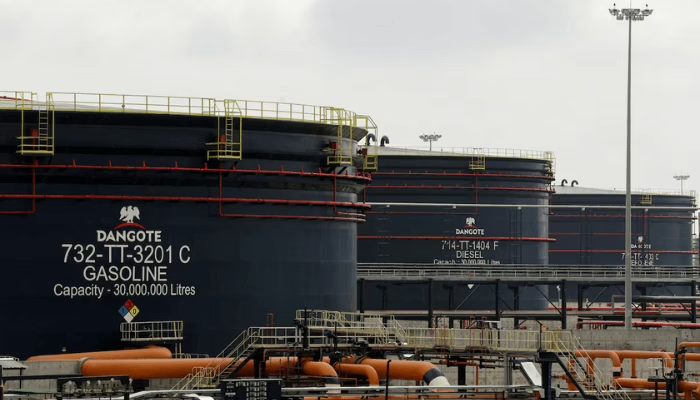Dramatic Decline in Nigeria’s Polypropylene Imports Thanks to Dangote Refinery
In a significant development for Nigeria’s industrial sector, the country has witnessed a remarkable drop in its dependence on imported polypropylene, a critical raw material widely used across various manufacturing industries. This marks the first time in over six years that Nigeria’s polypropylene import volumes have reached such a low point.
How Dangote Refinery is Transforming Nigeria’s Manufacturing Landscape
The Dangote Refinery, one of Africa’s largest oil processing facilities, has played a pivotal role in this shift. By ramping up local production of polypropylene, the refinery has enabled Nigerian manufacturers to source this essential polymer domestically, reducing costs and supply chain vulnerabilities. This development not only strengthens the country’s manufacturing base but also supports economic diversification efforts.
Polypropylene: A Cornerstone for Industrial Growth
Polypropylene is a versatile thermoplastic polymer used extensively in packaging, automotive parts, textiles, and consumer goods. Prior to the refinery’s increased output, Nigeria heavily relied on imports to meet domestic demand, which often led to price volatility and supply delays. The recent reduction in imports signals improved self-sufficiency and resilience in the supply chain.
Current Trends and Future Outlook
According to the latest trade data from 2025, Nigeria’s polypropylene imports have dropped by over 40% compared to figures from 2019. This trend aligns with the country’s broader industrialization goals and the government’s push for local content development. Experts predict that as the Dangote Refinery continues to optimize its operations, Nigeria could become a net exporter of polypropylene within the next five years, further boosting its economic standing in the region.
Implications for Nigerian Manufacturers
Local manufacturers are already benefiting from more stable and affordable access to polypropylene, enabling them to increase production capacity and innovate new products. For example, the packaging industry has seen a surge in locally produced polypropylene-based materials, reducing reliance on costly imports from Asia and Europe. This shift is expected to create thousands of jobs and stimulate growth in related sectors.
Conclusion: A Milestone in Nigeria’s Industrial Evolution
The reduction in polypropylene imports to a six-year low underscores the transformative impact of the Dangote Refinery on Nigeria’s manufacturing ecosystem. By fostering local production and reducing import dependency, Nigeria is taking a decisive step toward industrial self-reliance and economic diversification, setting a precedent for other African nations to follow.


















0 Comments